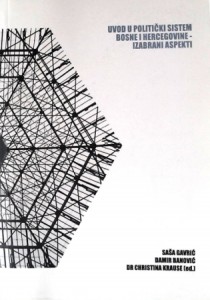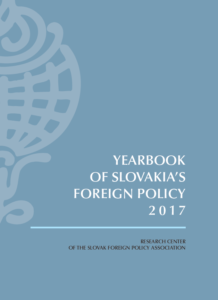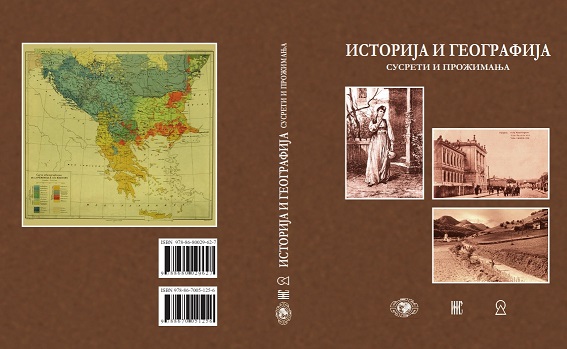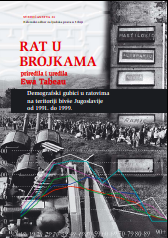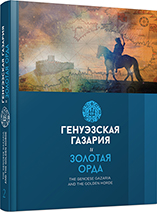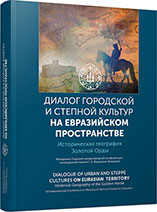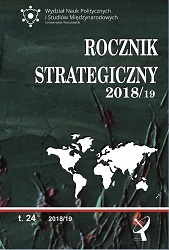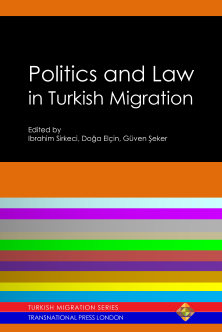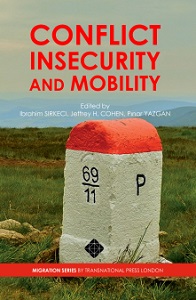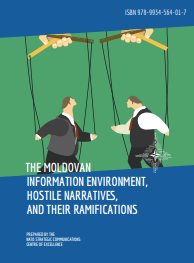
THE MAIN INFLUENCERS OF PUBLIC OPINION
This chapter attempts to identify and characterize the main Moldovan opinion leaders, and link them to the political currents promoted by the main mass media channels. We classify the opinion leaders according to their political preferences, affiliations, and external orientation, supplemented by other personal history. A subjective look is taken at their lives and work experience, ideas they have promoted in the past, links with important people and organization, their interests, and other elements that can help to explain their actions in the public sphere. The chapter focuses separately on four groups: pro-government media and opinion leaders, non-Plahotniuc media and opinion leaders, promoters of Kremlin narratives, and emerging opinion leaders. According to our study, some of the most influential opinionmakers were Corneliu Ciurea, Serghei Ostaf, Veaceslav Ionita, Victor Gurau, and Alexandru Cauia, all of whom are linked to pro-Plahotniuc media and platforms.
More...
